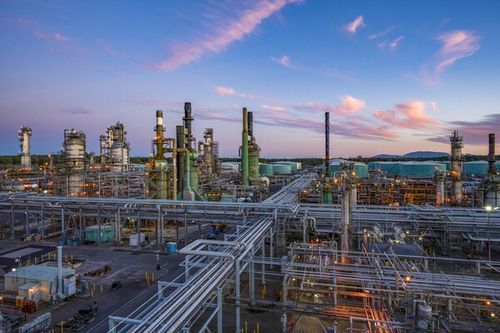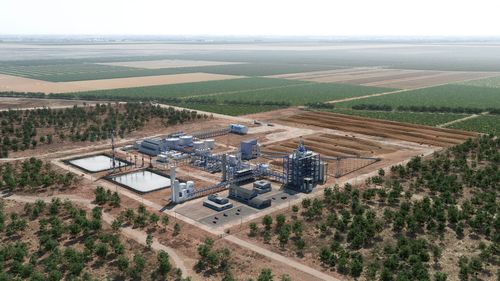OCOchem, a Washington state-based carbon conversion startup, will seek new capital partners to build its first commercial scale facility in 2026, CEO Todd Brix said in an interview.
Starting in late 2024 or early 2025, the company will likely go to market for new liquidity – including project debt and equity, Brix said. He declined to talk about capex, but said the first commercial plant in Richland, Washington will cost “multiple tens of millions of dollars.”
The company is working with two EPCs now and is represented legally by Miller Nash law firm in the Pacific Northwest, Brix said. The company does not have a formal relationship with an investment bank but will likely form one for a Series A and later rounds.
“We’ve been in touch with a number of private equity and project finance people,” Brix said of early-stage discussions.
OCOchem is considering land options in Richland for its first plant and is organizing to begin permitting, Brix said. There is opportunity to form relationships with industrial partners in need of an offtaker for their CO2 emissions and new incremental revenue streams, as well as customers for chloral hydrates and other formic acid products.
“We expect to build hundreds of these plants all around the planet,” Brix said, referring to the process of electrochemically converting emitted CO2 and water to formic acid, which can then be used to make a suite of products like hydrogen, carbon monoxide, and formate (methanoate) derivatives. “We are close to industrial size on our plants right now.”
CO2 is captured from steam methane reformers, natural gas processing and piping, and ammonia production, among other processes. The gas is then combined with water in a cellular, modular process producing formic acid, derivatives of which can be used in a range of industries like pharmaceuticals.
The company recently raised $5m in seed funding from lead investor TO VC, which joined backers LCY Lee Family Office, MIH Capital Management, and Halliburton Labs. An additional $8m has been raised in grant funding from the US departments of Energy (DOE) and Defense (DOD).
The company is also partnered with the Nutrien Corporation on a small scale facility in Kennewick, Washington, just upriver from Richland, Brix said. Financing for that project is largely arranged with the FEED completed.
Brix owns a majority of the company with his father.






